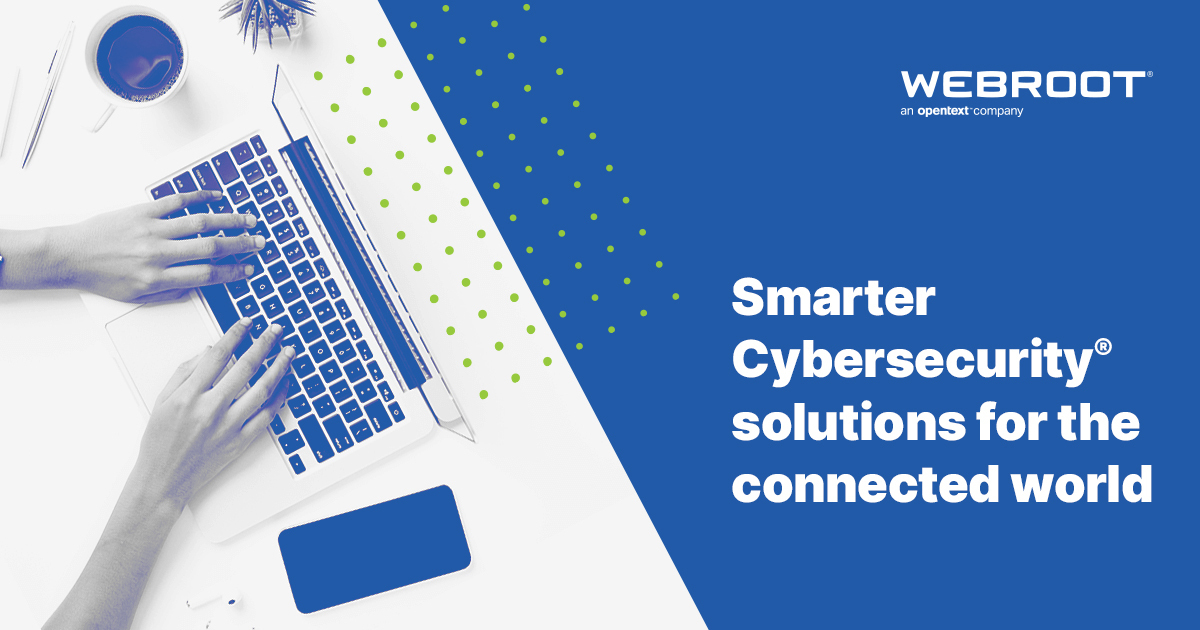
The management settings are coming straight from Azure AD and Intune device management.īy using the AutoPilot reset action, it’s possible to get the device to a known, good, managed and synchronized state while preserving the management enrollment. This removes personal files, apps, and settings, and applies the original settings and management settings, so the devices are ready to use. The AutoPilot reset action returns the device to a fully configured and/or IT-approved state.
CARBONITE ENDPOINT NOT WORKING WINDOWS
*Fresh start requires Windows 10, version 1703 or later.
CARBONITE ENDPOINT NOT WORKING WINDOWS 10
When triggering this remote action it is possible to select the Retain user data on this device checkbox, to keep the user data, and only remove apps and settings.īy using the Fresh start action, it’s possible to get devices to an clean state by removing all bloatware and updating to the latest version of Windows 10 at the same time. This action helps with removing pre-installed (OEM) apps that are typically installed with a new device. Then, it automatically updates the device to the latest version of Windows. This removes any apps that are installed on the device.

The Fresh start action literally gives the user a fresh start. *Retain enrollment state and user account requires Windows 10, version 1709 or later.

The Factory reset action returns the device to its factory default settings. In this post I’ll try to answer questions like “ What are the differences between these reset options?” and “ When can I use which reset option?”.

With the introduction of the remote AutoPilot reset their are now 3 similar features to remotely reset a Windows 10 device: Factory reset, Fresh start and AutoPilot reset. This time no technical configurations, this time I’ll try to provide some guidance about different Windows 10 features to remotely reset a Windows 10 device by using Microsoft Intune. This week something completely different.


 0 kommentar(er)
0 kommentar(er)
